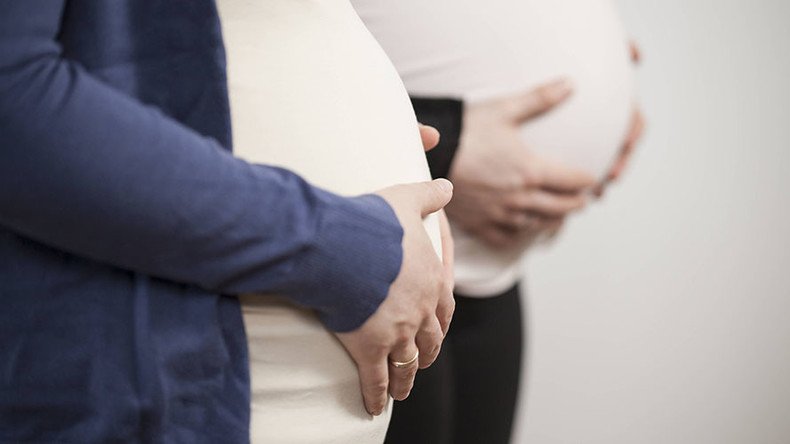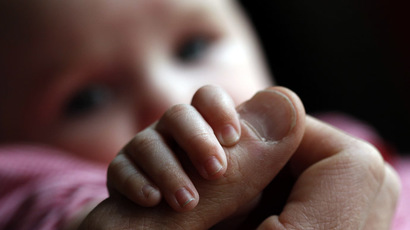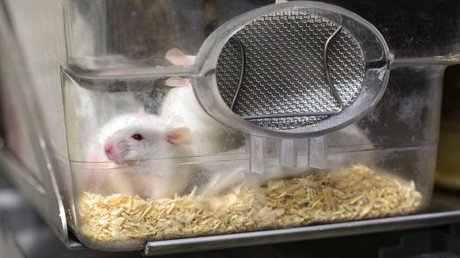Britain’s first ‘3-parent baby’ could be born next year

The first British ‘three-parent baby’ could be born as early as next Christmas after the controversial mitochondrial replacement therapy (MRT) was given the green light by scientists on Wednesday.
An independent panel of experts have recommended “cautious adoption” of the treatment for women who are in danger of passing on devastating, and often fatal, genetic disorders to their children.
They said “significant progress had been made” to improve the reliability of the procedure, but warned that patients “should be made aware that there can be no guarantee of safety and efficacy.”
Press release: UK's independent expert panel recommends "cautious adoptation" of mitochondrial donation in treatment https://t.co/S7HzfepmCS
— HFEA (@HFEA) November 30, 2016
Babies born after MRT would effectively have three genetic parents. A tiny proportion of their DNA would come from their mother, father and a third person, a female egg donor, to replace abnormal genes in the mitochondria.
Mitochondria only hold around 0.1 percent of a person’s DNA, which is always inherited from the mother.
Abnormal mitochondrial DNA can lead to potentially fatal conditions affecting vital organs, muscles, vision, growth and mental ability. Such defects are said to affect one in 4,000 people.
Following the scientists’ recommendation, it is highly likely Britain’s fertility regulator, the Human Fertilization and Embryo Authority (HFEA) will give the go-ahead for the therapy.
It will consider the issue at a meeting on December 15, when it will decide whether clinics may make applications to offer the treatment.
If it agrees with the scientists, the first women could undergo therapy as early as March or April next year. The women would act as guinea pigs and have their experiences written up in scientific journals.
A team at the University of Newcastle, which pioneered the work, hopes to treat up to 25 women per year with National Health Service (NHS) funding.
Critics say MRT could eventually lead to the creation of “designer babies” and eugenics, that the risks of the procedure are not fully known, and that the therapy would alter the DNA of an embryo in a way that could be passed on to future generations.
Dr. David Clancy, from the faculty of health and medicine at the University of Lancaster, said the technique is “currently imperfect.”
He told Sky the risks could lead to as many as one in 30 women receiving the therapy giving birth to a child with an inherited disease.
Last year, the UK became the first country in the world to legalize mitochondrial replacement after MPs and peers voted in favor of allowing it.
The first baby to be born using the technique was delivered in Mexico in April. The baby boy was reportedly healthy, experts said in September.














